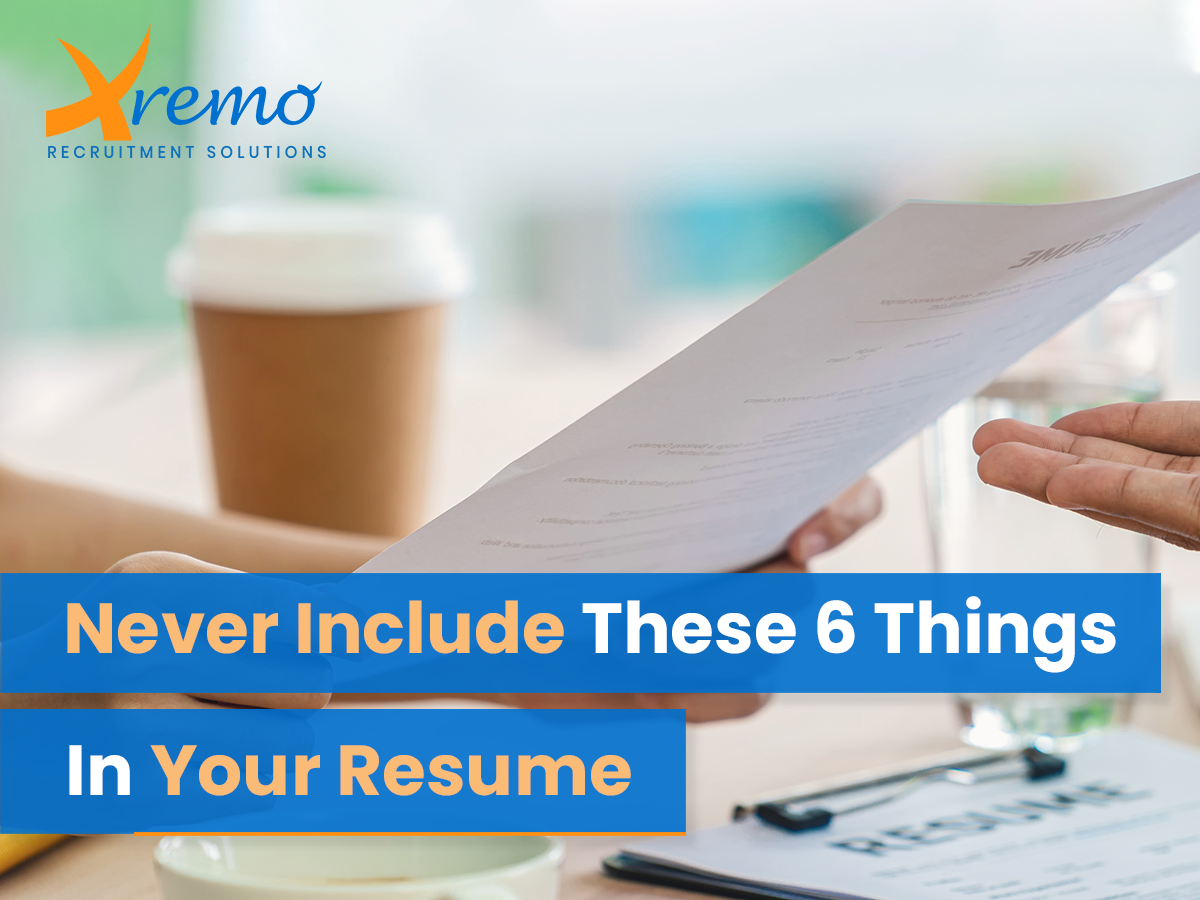Your resume is the most important element of any job searching process. Think of it as an extension of yourself. The first touchpoint. When you extend your hand in friendship to a stranger, you must do so in a limited way…, in a less overbearing way. Let us explain.
Have you ever been stopped on the street by someone asking for donations? What did you feel at that time?
You wanted to walk away, but they still kept talking to you every time you turned to face them. You said, “I have no time for this”, but what you really felt was, “I don’t believe this much”. You didn’t like their direct approach. The extension of the hand was not very welcomed by you and you didn’t like this experience at all…, this overreach into your personal space and time.
So perhaps we could learn something from this when we look at how we “extend our hand” to an employer through our resume.
To make it simple, is your resume overreaching? Are you putting in too many things and some that are irrelevant? We want a potential employer to respond to us without feeling that we are overreaching and taking up a lot of their time among other things. We came up with six things you should not include in your resume.
1. Too Many Details.
Remember these and what you are up against:
- Time
Many employers and business owners don’t have time to review your entire work history, so it’s important to put all your necessary honest details into 1-2 pages only. Imagine receiving 300 applications that have 3-5 pages for each applicant, that’s 900 to 1500 pages. If you were the employer, you’d review the shortest ones first, the 1-2 pages batch. “Ka-Ching!”, you’re on the first batch list.
- Attention Span
When a sentence becomes too long, employers will lose interest. Most of them think that if you can’t introduce yourself in short sentences, then you’ve failed at gaining their attention. Therefore, go for short, point form sentences, preferably simple sentences that don’t need any conjunctions.
- Resumes from other applicants
Most people do have rather long resumes, so you stand a better chance at getting your resume noticed if you summarise the content by getting the core values out of those texts. Even seasoned professionals may have long resumes. So, make it short and simple.
- Be a minimalist and target keywords in the job description.
Recruiters often used keywords to match their search for similarities. Go to their job description and reword your content accordingly. A simple and organised structure makes it easy to read and helps an employer see the target areas.
At this juncture, we need to say that you need 2 resumes. A master one that has all your capabilities and work experience that is many pages long. This master one serves as a guide to the second one which is the lean, 1-2 page minimalist one that we are discussing now. These minimalist resumes should be customised and targeted for each different job you apply taking into account the different job descriptions.
2. That you were fired.
No, you don’t have to include any negative information in your resume. This is especially if you were fired ten years ago and you were a junior executive at that time with very little responsibility. Now, after ten years, with much more responsibility and experience, it’s not the same situation. By the way, a real concern would be if there was serious misconduct or something criminal. Not something to do with work friction with employers or some mistake that got you fired. Mistakes are ok.
3. Your Age.
We used to think that this was necessary, but times have changed. You don’t have to include this either. A resume is just a simple yet strong inferred statement that you are the best person for the job.
4. Too much text.
You may refer to our previous post, ”8 Important Key Points In Resume To Retain Employer’s Attention (Part 2)“ where you can find a sample of a concise resume. Look at all the busy bosses of the world, do they have time to read long resumes?
Have you noticed how they just flip through the many pages of a resume at interviews? Yes, it’s too long, like an essay.
5. Spelling Mistakes and Errors in English Grammar.
This is also very important. Please use spell-check. Better still, ask someone to check your writing.
6. Passive Language.
While checking your spelling and grammar, please also check how you sound. Do you sound like:
A. The world is going to end.
B. You are “Que Sera Sera, whatever will be, will be.”
C. Blaming others, blaming a situation or giving excuses.
D. Any negative emotion such as melancholy or some anger.
Please be a positive-sounding and capable person who implies that he or she is investable, because to the employer, that’s what you are, an investment.
A lot of people who have lost their job due to the pandemic have lost their ability to be financially independent, as well as their confidence to re-enter the workforce. Some resumes have not been touched for years because they had a job. Perhaps now, it’s time to revamp that resume to what it needs to be.
If these insights are eye-opening yet you still have doubts about how to present yourself, then you need some sharpening. An experienced recruitment partner that can identify your strengths and weaknesses as well as the weaknesses in your resume, bring out your confidence and put you on a new path to employment.


